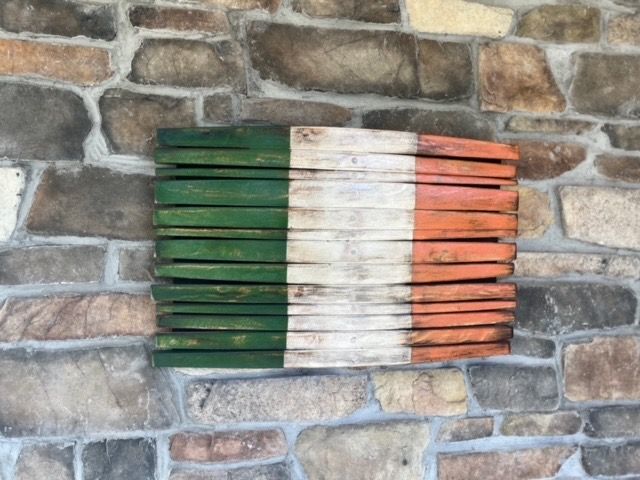Pádraig Duggan shared Donegal with the world
By Colleen Taylor
This week, the Celtic music genre lost an important father figure. Pádraig Duggan, one of the founding members of Clannad, uncle to Moya Brennan and Enya, died at age 67 after an illness. His death elicits reflection on the innovative paths Clannad forged for Irish music. Today, the band is credited with the conception of the modern Celtic genre. Duggan, along with the rest of the band, took an education and background in traditional Irish music in Donegal and completely transformed it, carrying Irish culture to a new, untraversed plane, the result of which was the aptly-titled New Age genre. Since, then, the genre has influenced all kinds of Irish artists in Duggan and Clannad’s wake.
Before Clannad shot forth to international acclaim in the 1980s, with the popular theme song for “Harry’s Game,” Pádraig Duggan and his twin, Noel, were simply local folk musicians from Gweedore, Donegal. But with Clannad’s formation in the 1970s, and its subsequent popularization a decade later, came a new vision. Duggan, as one of the key songwriters for the group, helped create an entirely new definition of Irish music. Clannad, more than any other Irish group before them, and perhaps more so than any other group since, helped to bridge the gap between traditional Irish folk and contemporary music like pop and jazz. Clannad created New Age, an important middle-ground and third genre that is both truly Irish and truly modernized.
Some of Clannad’s career “stats” speak to their cosmopolitanism and futuristic, outward-looking vision. For instance, the band has recorded in six languages, incorporated styles from jazz, spiritual music like Gregorian chant, pop, electronica, rock, and sold a collective number of over 15 million records worldwide. Pádraig Duggan himself named pop groups like the Beach Boys as an important influence in conceiving Clannad’s fantastical-sounding harmonies. When the “Theme from Harry’s Game” hit the radio waves in 1982, music fans and critics were utterly fascinated, enchanted by this entirely new sound. Clannad used their Irish roots, but didn’t rely on them, forging ahead into entirely new musical territory. As a result, many of their songs and albums were listed high in the pop charts, rather than the traditional Irish ones.
Duggan and Clannad continued on right to the end. The five original members reunited in 2007 in Glasgow for the Celtic Connections festival, and even released a last album in 2013, called “Nadur,” their first in 15 years. The Duggan twin brothers also fulfilled a lifelong musical career goal together by releasing their own album apart from Clannad, called “Rubicon” in 2005. The album featured guests like Moya Brennan, Finbar Furey and Orla Fallon, formerly of Celtic Woman—a band that clearly owes its own international success to the influence of Clannad’s New Age invention. “Rubicon” was an autobiographical album for the Duggan brothers, an important reflection and return to their roots in Donegal.
Ireland has been remembering Duggan and his work with Clannad with pride and fondness this week. For Duggan himself, the highlight of his career was Clannad’s grammy win for “Landmark” (1998) and meeting stars backstage, who also, he discovered, turned out to be Clannad fans too, such as Emmylou Harris. Duggan helped share Donegal with the world, helped to envision a future for Irish music that has now become a bedrock of modern Irish culture. He will be remembered for his part in creating a musical revelation.










